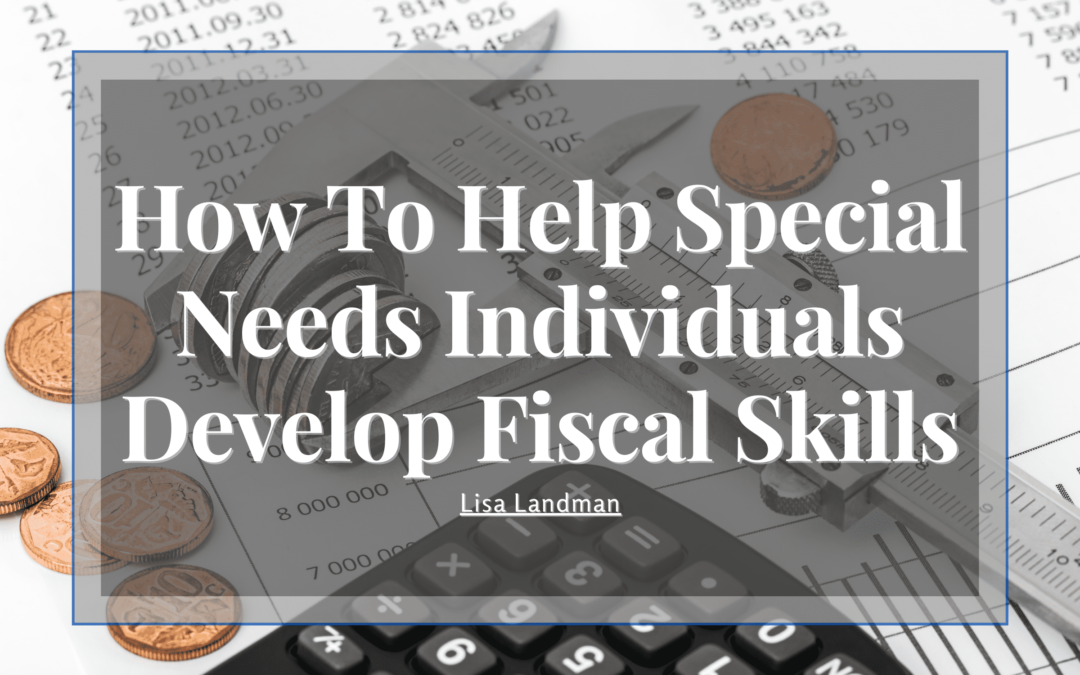
Signs You May Need Mental Health Help
Unlike physical ailments that manifest themselves through pain and injuries, mental health issues can be far less visible and difficult to diagnose.
During the Covid-19 global pandemic and resulting recession, studies have shown that mental health issues have risen drastically. Contributing factors such as the loss of employment, difficulty finding childcare, and loneliness were triggers associated with causing mental health issues during the pandemic. Alcohol and drugs are also on the rise.
Fortunately, mental health service providers have evolved during the Covid-19 pandemic, to offer telemedicine to patients suffering from mental health issues. Telemedicine allows physicians to diagnose and treat their patients remotely by using telecommunication technology. Individuals with mental health issues are often concerned about the stigma associated with having mental health issues. They worry about the ramifications it might have if someone found out. Luckily those concerns can be alleviated when the patient meets with the physician in the comfort and privacy of their own home.
Whether a patient is ready to meet with a physician in person or remotely, they have likely experienced trauma and have noticed changes within themselves that raise concerns. While mental health issues may manifest in various ways, below is a list of some signs that may indicate that a person may need mental health help:
- Feels withdrawn and lacks interest in activities;
- Mood swings and change in normal behaviors;
- Unable to sleep or restless;
- Using alcohol and drugs to cope with issues;
- Unable to focus or concentrate;
- Anger and capacity for violence;
- Not able to handle stress;
- Hallucinations;
- Having panic attacks;
- Low energy levels.
Being aware of the conduct and behaviors listed above can help patients and prospective mental health patients by giving them a starting point to help identify problems in their life that brought on the need for mental health help. Mental health physicians can then work with the patient to recognize the signs and help them respond to the root issues, and target treatments to have the most success.
Individuals who are suffering from and finding it difficult to cope with mental health issues should be pleased to know that in most cases, mental health patients are 1. diagnosed 2. treated 3. the patient goes on to lead a happy and productive life.

Helping Special Needs Individuals Learn Financial Skills
Taylor Carty was born with cerebral palsy. Despite her disability, Carty grew up with her own savings and checking account. At 23, the recent college graduate was contemplating how to pay for medical school. Although she’s in her 20’s, Ms. Carty qualifies for Med-Cal, the California Medicaid program. The Medicaid programs pay for whatever Taylor Carty’s health insurance cannot cover. Carty did not want her medical expenses to interfere with affording medical school.
To qualify for Medicaid, Taylor Carty would have had no more than $2,000 in assets, including savings and checking accounts. Carty knows that the only way to keep Medicare and be able to go to medical school is to sign up with ABLE Accounts.
Taylor Carty uses video conferencing from Ballard, California, while working as a research affiliate for the University of California located in Santa Barbara. Carty has another job; she’s a research assistant at Burton Blatt Institute that is part of Syracuse University. Taylor Carty serves as an ambassador for ABLE National Resource. Carty can have it all with ABLE Accounts.
A federal law passed in 2014 enabled ABLE Accounts to help disabled people learn how to handle their finances. The new Federal law enables disabled people to save money and not lose insurance benefits.
The ABLE Accounts is meant to be like a 529 college savings plan. Withdrawals are tax-free. ABLE Accounts should not be a replacement for any other services one is receiving. The ABLE National Center runs the ABLE Accounts that allows account holders to be more autonomous, flexible, and have more of a financial awareness than ever before.
The ABLE Account allows $15,000 in contributions a year that include wages. In some cases, an account holder can contribute more than $15,000 in contributions annually. Every ABLE Account holder should be a disabled person whose disability happened before the age of 26. An ABLE Account is easier to set up and has more financial autonomy. The savings from an ABLE Account can be used for college tuition, housing, horseback riding lessons, Lyft rides, health, computers, and more. Friends and family can contribute to the ABLE Account. The ABLE National Resource, online, is a great place to go to open an ABLE Account.

How to Support Parents of Special Needs Children
If you are the friend or family member of a parent with a special needs child, you are probably in awe of his or her strength, while at the same time wondering what you could possibly do to help. Fortunately, there are several small, yet dramatic, ways in which you can assist your loved one without putting too much of a strain on your own family.
Try these suggestions, for instance:
Volunteer to Babysit
If you are comfortable with the special needs child, offer to babysit for a few hours or an evening so your loved ones can go out. They may need a date night, or simply the freedom to go outside and take a walk. Fresh air and exercise outside the home will surely do them some good. Parenting isn’t easy for any of us, so imagine the additional frustrations that parents of special needs children endure on a daily basis. This time to regroup is a wonderful gift!
Give Attention to the Siblings
Through no fault of the special needs child, his or her siblings receive minimal attention. So, to help the parents out, take the typical children out for a sleepover, shopping trip, or an ice cream sundae. You can even offer to bring them to games and practices if their parents have to focus on their special needs brother or sister.
Include the Special Needs Child in Activities
If your children are playing with your loved one’s children and the special needs child does not feel included, help him or her to fit in. Accommodate the child so he or she does feel left out. Simplify games and activities so everyone can play and participate.
Learn as Much as You Can
If you do not understand a child’s disorder or diagnosis, read up on it before you have the occasion to interact with the child. If you don’t have time to read, watch videos online, or listen to podcasts to learn as much as you can. Ask the parents questions to make sense of the situation, if you don’t understand. They likely won’t be insulted. They may even feel flattered that you care enough to want to know more about their child.
Just Listen
Sometimes being a shoulder to cry on is the best help you can provide. Do not offer advice, if you have never been in his or her shoes. Simply be supportive when speaking about his or her child. Accentuate the positive and let the parent know that he or she is doing his or her best, while you avoid offering pity. Pity just increases the negative feelings he or she is experiencing.
In conclusion, there are many things that you can do to support the parents of children with special needs. The items on this list should allow you to lend a helping hand when it is needed.
About Lisa Landman
Lisa Landman earned her doctorate in psychology from Fordham University in 2005. One of the reasons why Lisa pursued psychology is due to her interest in helping others. Throughout her life, Lisa has spent time helping the most vulnerable populations of society which includes animals. She and her husband have rescued six different dogs over the years, and Lisa volunteers with the Special Olympics. Lisa particularly cares about adults with disabilities since they’re a population that tends to face increased vulnerability as they age.
Previously in her career, Lisa Landman worked as a Residential Coordinator at Bishop Grady Villas which describes itself as a “place where adults with disabilities are able to thrive and achieve their dreams” (Bishop Grady Villas Homepage). The best part of working at Bishop Grady was getting to know the residents. Lisa found each resident to be an amazing person with a huge heart, a caring attitude, and a wonderful personality. She particularly admired the residents’ attitudes toward life. Even with their daily struggles, they approached each day with optimism.
The most difficult aspect of working at Bishop Grady Villas was the lack of funding. A large amount of the residents are on the waitlist to receive benefits from the government which Lisa Landman finds unacceptable. If the residents can’t get government assistance, then their families must pay for them to live there. Sadly, there are many adults like the residents of Bishop Grady Villas who don’t have families to help them receive the sort of attention and care they need. This unfortunate reality is one of the reasons why Lisa is motivated to assist adults with disabilities as much as possible.

Lisa Landman served as an assistant basketball coach in early 2017. Helping the Bishop Grady residents during their weekly practices was a lot of fun. Seeing how much fun the residents have during games never failed to make Lisa smile. Lisa plans to assist with more Special Olympics events in the future. Since the Special Olympics is a nationwide organization, anyone can get involved. Helping adults with disabilities is a great way to spend one’s time, and Lisa encourages everyone she knows to get involved in some manner.
Professional Overview
Over the years Lisa Landman has worked in a variety of areas such as human resources and teaching. For eleven years she owned a fitness center where she was involved in nearly every aspect of the business. Presently, she’s working with Costech Lab as the Director of Operations. Lisa’s diverse work experience means that she can thrive in nearly any work situation. She looks forward to continuing to pursue entrepreneurial projects while helping others at the same time.
